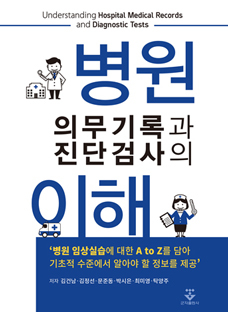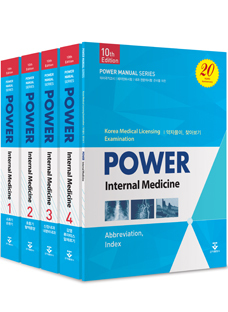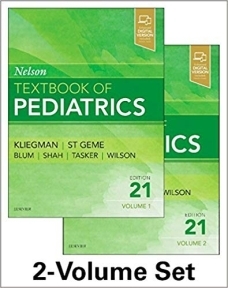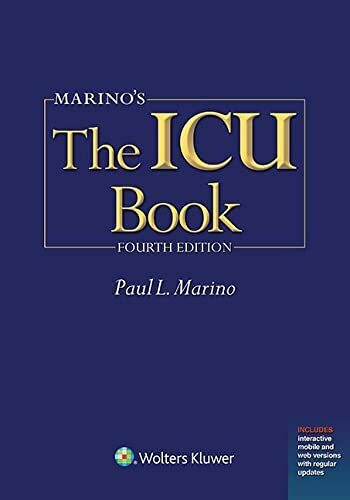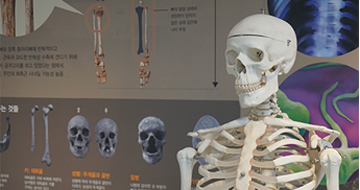Preface xiii
Instructor Resources xv
Acknowledgments xvii
About the Authors xix
CHAPTER 1 INTRODUCTION TO EVALUATION IN HEALTH EDUCATION AND HEALTH PROMOTION 1
Key Concepts 1
Chapter Objectives 1
The Field of Health Education and Health Promotion 1
Defining Evaluation 3
Evaluation Competencies for Health Educators 4
Historical Milestones in the Evaluation of Health Education and Health Promotion 10
FOCUS FEATURE 1.1 Hypothetical Account of a Health Educator`s Evaluation Responsibilities 10
Basic Terms in Evaluation 16
Skill-Building Activity 19
CHAPTER 2 PLANNING EVALUATIONS FOR HEALTH EDUCATION AND HEALTH PROMOTION PROGRAMS 25
Key Concepts 25
Chapter Objectives 25
Evaluation and Continuous Health Program Improvement 25
Logic Model for Health Education and Health Promotion Programs 26
Logic Model and Comprehensive Evaluation 29
Health Program Planning and Evaluation: Integration 30
Political Climate and Evaluation 32
Political Climate and Program Stakeholders 32
Balance Between Evaluation Rigor and Utilization 35
Conducting a Utilization-Focused Evaluation 36
Conducting a Rigorous Evaluation 36
FOCUS FEATURE 2.1 Planning a Health Education/Promotion Program Evaluation 38
Critical Issues for an Evaluation Project 39
Skill-Building Activity 39
CHAPTER 3 BASICS OF MEASUREMENT 45
Key Concepts 45
Chapter Objectives 45
Definition of Measurement 45
Scales or Levels of Measurement 46
Conceptual Paradigm of Measurement 48
Types of Variables in Health Education and Health Promotion 51
FOCUS FEATURE 3.1 Example of a Scale Measuring Knowledge 52
FOCUS FEATURE 3.2 Example of a Scale Measuring Attitudes 54
Skill-Building Activity 59
CHAPTER 4 STEPS IN INSTRUMENT DEVELOPMENT 63
Key Concepts 63
Chapter Objectives 63
Basic Principles of Instrument Development 63
FOCUS FEATURE 4.1 Example of a Theory-Based Scale 71
General Principles of Writing Items 78
Types of Instruments Measuring Knowledge 78
Types of Instruments Measuring Attitudes 81
FOCUS FEATURE 4.2 Rosenberg Self-Esteem Scale 82
Types of Instruments Measuring Health Behavior 85
Physiological and Biomedical Instruments: Outcomes of Behavior 88
Skill-Building Activity 89
CHAPTER 5 RELIABILITY ASSESSMENT 93
Key Concepts 93
Chapter Objectives 93
Definition of Reliability 93
Types of Reliability 96
FOCUS FEATURE 5.1 Using IBM-SPSS to Calculate Reliability Statistics 101
Tips to Increase the Reliability of an Instrument 102
Skill-Building Activity 102
CHAPTER 6 VALIDITY ASSESSMENT 107
Key Concepts 107
Chapter Objectives 107
Definition of Validity 107
Types of Validity 108
Assessing Face and Content Validity 108
FOCUS FEATURE 6.1 Form Letter to Panel of Experts for
Face and Content Validation 110
Construct Validity and Factor Analysis 111
Criterion Validity 115
FOCUS FEATURE 6.2 Using IBM-SPSS
for Confirmatory Factor Analysis 116
FOCUS FEATURE 6.3 Case Study of Confirmatory Factor Analysis 116
Skill-Building Activity 121
CHAPTER 7 MEASUREMENT ERRORS 127
Key Concepts 127
Chapter Objectives 127
Definition of Measurement Error 127
Classification of Measurement Errors 129
FOCUS FEATURE 7.1 Strategies to Minimize Errors in Self-Report Instruments 136
FOCUS FEATURE 7.2 Strategies to Minimize Errors in Interviews 137
FOCUS FEATURE 7.3 Strategies to Minimize Errors in Observations 138
Skill-Building Activity 138
CHAPTER 8 PROCESS EVALUATION 143
Key Concepts 143
Chapter Objectives 143
Defining Process Evaluation 144
Targets of Process Evaluation 144
Implementation Fidelity 148
FOCUS FEATURE 8.1 Example of Implementation Fidelity Assessment 149
Process Evaluation: Foundational to Impact and Outcome Evaluation 151
Pragmatic Planning for a Process Evaluation 152
Formative Evaluation 152
Skill-Building Activity 155
CHAPTER 9 DESIGNS FOR QUANTITATIVE EVALUATION 159
Key Concepts 159
Chapter Objectives 159
Questions in Evaluation 159
Evaluation Design 160
Components of a Testable Hypothesis 162
Internal Validity 162
External Validity 165
Evaluation Design Notation 169
Types of Designs in Health Promotion and Education 169
Barriers to Randomization 171
FOCUS FEATURE 9.1 Considerations in Choosing a Design 172
Skill-Building Activity 173
CHAPTER 10 APPROACHES TO QUALITATIVE EVALUATION 177
Key Concepts 177
Chapter Objectives 177
Introduction to Qualitative Evaluation and Research 177
Quantitative versus Qualitative Evaluation 179
Empowerment Evaluation 180
Illuminative Evaluation 183
Participatory Evaluation 184
FOCUS FEATURE 10.1 Case Study of Participatory Evaluation in Vietnam 186
CIPP Model of Evaluation 193
Utilization-Focused Evaluation 194
Goal-Free Evaluation 194
Qualitative Data Analysis and Interpretation 195
Skill-Building Activity 197
CHAPTER 11 SAMPLING 203
Key Concepts 203
Chapter Objectives 203
What Is a Sample? 203
Probability Sampling 204
Barriers to Probability Samples in Health Program Evaluations 206
Nonprobability Samples 207
Sample Size: How Many Participants Are Needed for the Evaluation? 208
Response Rates 211
FOCUS FEATURE 11.1 Calculating Sample Size Using G*Power 212
Generalizing Evaluation Results 213
Describing the Evaluation Sample and Population 214
Skill-Building Activity 214
CHAPTER 12 QUANTITATIVE DATA ANALYSIS 219
Key Concepts 219
Chapter Objectives 219
Introduction 219
Data Management 220
Data Cleaning 221
Describing the Sample 223
Data Analysis: Dex_scriptive Methods 224
Frequency Distributions 227
Measures of Central Tendency 227
Measures of Variability 228
Graphing Data 229
Statistical Inference 232
Hypothesis Testing 232
Statistical Tests used in Health Evaluations 234
FOCUS FEATURE 12.1 Using IBM-SPSS for a Paired t-Test 238
FOCUS FEATURE 12.2 Using IBM-SPSS for Repeated Measures ANOVA 238
Using Effect Sizes to Communicate Evaluation Results 239
Skill-Building Activity 241
CHAPTER 13 DATA INTERPRETATION AND REPORT WRITING 247
Key Concepts 247
Chapter Objectives 247
Introduction 247
Interpretation of Evaluation Results: Conceptual Tools 248
Statistical Significance and Practical Importance 248
Potential Failures in Interpretation 251
Evaluation Standards: How Much Is Enough? 256
Effectively Communicating Statistical Results 258
Evaluation Report Writing 259
Sections of the Evaluation Report 260
FOCUS FEATURE 13.1 Example of an Evaluation Report in
Health Education 269
Summary 280
Review Question 281
Websites to Explore 281
References 282
Glossary 285
Index 303





